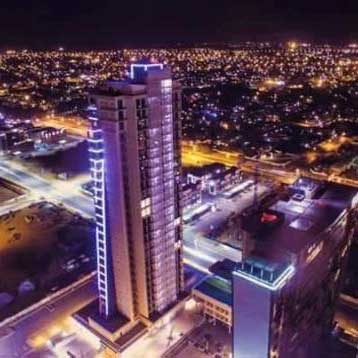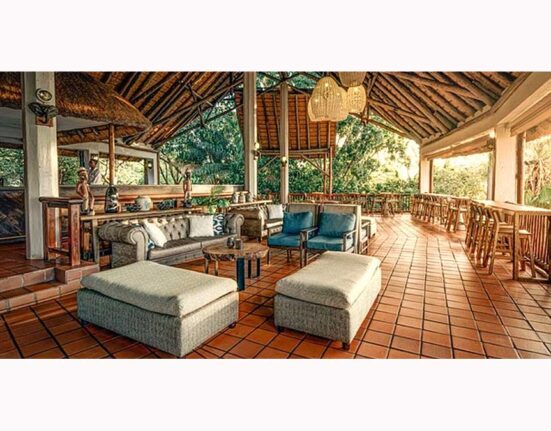“It’s time to step into a brave new world”, says South African Tourism ACEO, Themba Khumalo
South African Tourism welcomes the end of all COVID-19 restrictions after South Africa’s cabinet yesterday concluded that they had served their purpose.
The revision of the COVID-19 management regulations heralds a new chapter for the country. It is a necessary shot in the arm for the tourism sector, which has been battered by more than two years of the global pandemic and related restrictions. The latest revisions include the removal of the mask-wearing mandate indoors and limits on gatherings and border checks for COVID-19 – and the need to be vaccinated to enter South Africa.
Health Minister Joe Phaahla repealed the regulations by notice in the Government Gazette on Wednesday night. By repealing the last three main COVID-19 restrictions; Phaahla has brought to an end an era of the state-led management of the global pandemic.
Abolishing the mask-wearing mandate and eliminating all restrictions on gatherings and port of entry vaccination requirements is a step in the right direction and will significantly benefit the entire tourism sector value chain. As custodians of tourism, we believe that the end of the restrictions is the tonic the sector needs to accelerate the rebound to pre-pandemic tourist arrival numbers and profitability levels.
These revisions mean that we can now also open up more experiences and activities to our tourists from various parts of the world. We know that many travellers come to South Africa to be immersed in our culture, to learn more about our history and heritage, and to interact with the locals.
As South Africans, we are now more free to live, work, play and enjoy our own country even more while doing everything necessary to reclaim lost ground of our livelihoods without compromising our safety and lives. The safety of all South African citizens and our visitors remains top of mind for us.
The lifting of the final restrictions also means that the strain placed on the business events, live social events and exhibitions in the past two years will finally be removed. The return of delegates and exhibitors from across the globe when we hosted our two signature trade shows earlier this year- Meetings Africa and Africa’s Travel Indaba – proves that travellers and business event delegates want to come to South Africa.
This latest move ushers the way for us to go full steam in the sector’s recovery measures after 26 months of lacklustre performance due to the pandemic and resultant restrictions. South Africa’s Economic Reconstruction and Recovery Plan identifies tourism as a catalyst for the economy’s recovery. Accordingly, tourism is one of the primary interventions for rebooting the country’s economy as per the economic recovery plans.
It is pleasing to note that the trajectory of the pandemic has eased, and South Africa has exited a mild fifth infection wave. According to Phaahla, the latest epidemiological analysis indicated that as of mid-June, there was a decline in the critical indicators monitored by the National Institute for Communicable Diseases.
These include the number of cases, hospital admissions and deaths, a decline in the effective reproductive and a drop in the test positivity rate.
Two years before the pandemic, travel and tourism contributed 1.5 million jobs and R425.8bn to the economy, representing 8.6% of all economic activity in the country.
The health minister’s newly promulgated COVID-19 management regime signals that the country has reached a time to step into a ‘brave new world.’ As we look forward to the “live with the virus” future, it is opportune to focus on impediments and for the tourism sector to realise its true potential. We continue to work with partners and our policymakers towards easier visa facilitation, improved airlift for a better-connected continent and the rest of the world and, of course, providing value for money for both the domestic traveller and all our international visitors.
For more information on revised regulations and South Africa’s management of the COVID-19 pandemic, please click here









